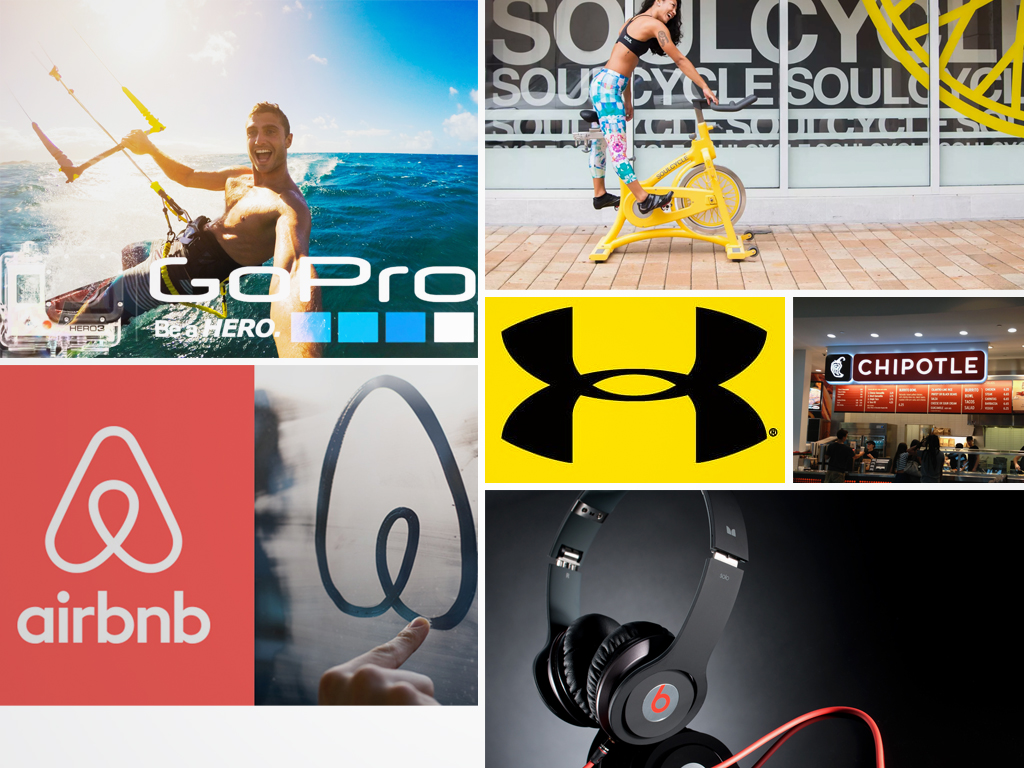Chipotle, which perhaps ushered in the “quick service” era as it redefined what was possible with fast food, is one brand with a strong story that has long embraced messaging around “Food with Integrity.” Now faced with a crisis – one that undermines its core premise – will Chipotle’s strong brand story be its salvation?
Chipotle’s story highlights an obsession with three components: fresh, high-quality raw ingredients, classic cooking methods, and distinctive atmospheres. And the result was an army of rabid fans and an increasingly competitive landscape. However, well-publicized E. coli and norovirus outbreaks have put the brand on the defensive and, for the first time, this darling of the chain restaurant community has displayed contrition instead of further messaging meant to distance itself from its fast food forbears, such as The Scarecrow and Unneces-scary.
Anatomy Of A Response
In response to the outbreaks, Chipotle closed its 1900 locations for four hours on February 8 for a company-wide meeting that discussed what it has learned and so it could “[outline] for [more than 50,000 employees] the steps that have been taken outside the restaurants to make Chipotle ingredients safer than ever.” That includes a food safety program with high-resolution DNA-based testing of ingredients, changes to food prep and handling practices, enhanced internal training, and paid sick leave. Chipotle has also been relatively transparent throughout, live tweeting the February 8 meeting with the hashtag #ChipotleAllTeam, as well as adding details about its new food safety program on its website, along with a letter from founder and co-CEO Steve Ells. The brand also attempted to soften the restaurant closure blow by offering free burritos “if we messed up your lunch plans [on February 8].” And like Subway in the wake of its Jared Fogle crisis, time will tell if the outbreaks do any long-term damage to the Chipotle brand.
What About Chipotle’s Super Fans?
Chipotle’s historic appeal, however, was not just burritos. Like Toms Shoes and Warby Parker, there’s an element of social good – in which ingredients “are sustainably grown and raised responsibly with respect for the animals, the land, and the farmers who produce the food” – which has given Chipotle a key competitive advantage to date and fueled brand love, including customers who have gone as far as incorporating Chipotle into their weddings. Will this remain the case if it turns out Food with Integrity had an asterisk?
Other Brands Just Aren’t in the Same League
In the meantime, competitors like Qdoba and Moe’s Southwest Grill smelled blood and were quick to try to capitalize. However, their eagerness to dog pile is also perhaps a testament to Chipotle’s power, which is intrinsically linked to its brand story.
Hunger doesn’t accept rain checks. ☀️ pic.twitter.com/RUeZOJXdX2
— Qdoba (@qdoba) February 8, 2016
Today’s gonna be crazy, but we’ve prepared like a champ. #WelcomeToMoes https://t.co/OkwIIoqqgK — Moe’sSouthwestGrill (@Moes_HQ) February 8, 2016
Neither Qdoba nor Moe’s can really compete story-wise. To wit: Per Qdoba, a wholly owned Jack in the Box subsidiary, its brand is about “[living] a more flavorful life” in which “guests and team members alike are encouraged to celebrate individuality, break down the walls of convention, and boldly craft a meal that’s packed full of flavors.” For its part, Moe’s calls itself “a fun and engaging fast-casual restaurant franchise serving a wide variety of fresh, made-to-order Southwest fare in a welcoming environment that rocks,” which includes “fun, pop-culture inspired names” for menu items and a culture that welcomes all “except, of course, fugitives.”
Where Does This Leave Chipotle?
Reaction among reputation and branding experts is mixed. Online reputation management consultant Andy Beal said if the outbreaks had been isolated incidents, Chipotle could have relied on its integrity story to see it through. “Unfortunately, the outbreaks were widespread and persistent and now with the alleged sexual discrimination, Chipotle’s brand story has been tarnished,” Beal said. “To win back customers, Chipotle will have to adjust its story because continuing to focus on integrity is not going to convince customers that health and hygiene are top priorities. I suspect we’ll see a more humble message from Chipotle over the coming months.” Digital/mobile creative director and consultant Tom Eslinger, however, said the healing power of a brand story depends on the controversy in question and, in this case, “I think their positive position on food, growing and natural foods would be an asset.” Further, Eslinger noted, “A brand that can make a point based on their values is at least on the right track. If there were anti-gay slurs a la Chick-fil‑A at a corporate level, it would be a different story.” In addition, Kristen Nozell, brand strategist at marketing agency Red Peak Branding, noted every brand faces bumps in the road, which can ultimately be opportunities to strengthen stories and commitments in the eyes of consumers. “Even in the midst of this crisis, Chipotle is getting some credit for addressing the issue quickly and directly and redoubling its efforts to live up to its brand promise,” she added. Jamie Rodriguez, partner at digital creative advertising agency Tilted Chair Creative, agrees a strong brand story is the company’s best marketing asset, but he doesn’t see pivots in Chipotle’s future. “They’ve invested over 20 years in defining themselves as innovative and conscientious – two attributes they will now rely heavily upon to help turn the ship around,” he said. “It will take time and action, but Chipotle will survive, largely on the merits of the brand that it has worked so hard to create.” Further, Rodriguez noted the overarching lesson for brands is to have a purpose, to live it and to stick to it. “Chipotle’s purpose is to change the way the world eats. One of my favorite Gandhi quotes seems appropriate here: ‘Action expresses priorities,’” he said. “It’s really a life quote, but it’s applicable to brand stories as well. ‘Priorities’ are a brand’s purpose – its story. And the decisions those brands make express the authenticity of that purpose…Is Chipotle changing the way the world eats? I would argue the answer is, ‘Yes,’ and so they tick all three of the aforementioned brand story boxes: they’re unique, authentic and relatable. A+ on story.”


